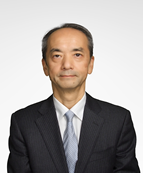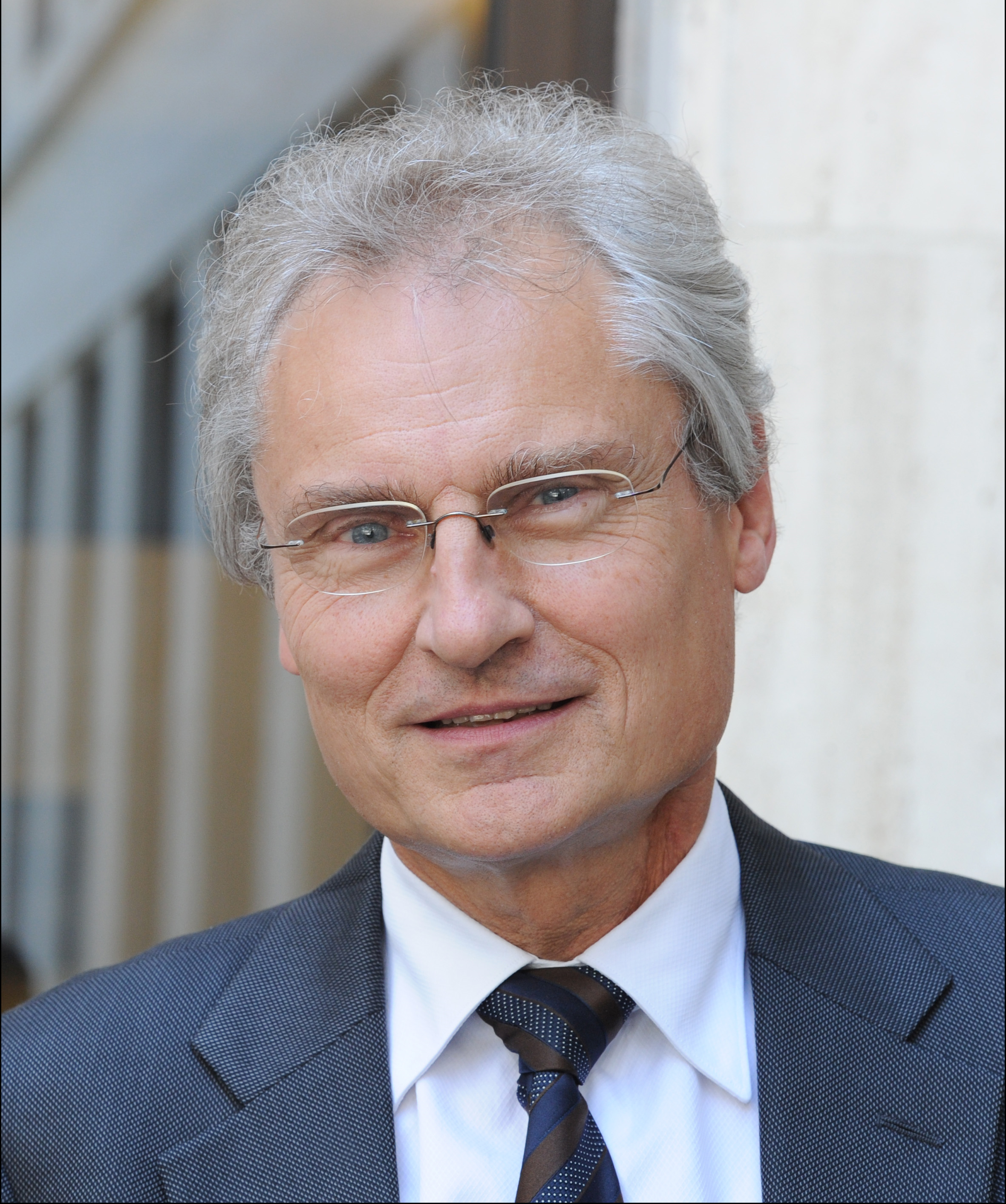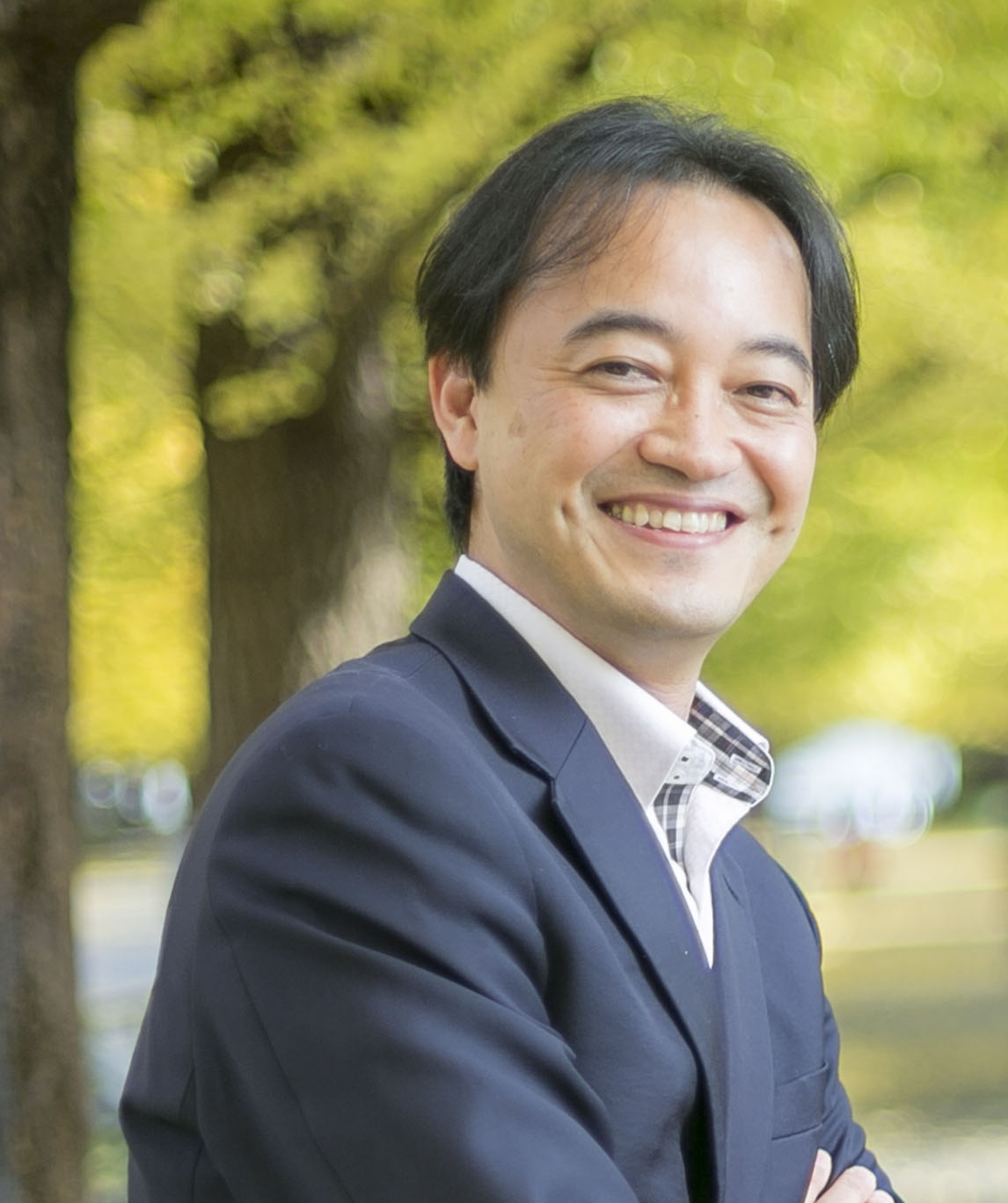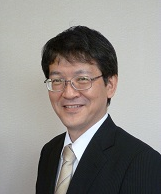We are happy to inform you that we will hold “Robot Revolution & Industrial IoT International Symposium 2020” entitled “Manufacturing Business and Paradigm Shift Talked by Global Top”.
The corona crisis asked us many issues such as digitalization, the way of manufacturing, globalization. With the advent of the IoT, manufacturing will soon reach an era in which essential value can be efficiently promoted through data and information. Its structure is very different from the conventional one. Speeches and discussions will be given by leaders in the research fields of Japan, the United States, and Germany on how to grasp and deal with this paradigm shift. In addition, we will also introduce overseas practices related to industrial IoT and the cooperation between Japan and Germany regarding effective system approaches for solving problems. We would appreciate your participation.
Presentation materials (PDF)
Please refer to “Information on The Robot Revolution and Industrial IoT International Symposium 2020”.
URL for Live streaming(YouTube)
[Session 1]https://youtu.be/3kqhNVhKd-I
[Session 2]https://youtu.be/Vdq4lvTZoE0
[Session 3]https://youtu.be/rF6bXLvcSaE
Program
■October 12, 2020
[Session 1] Global Leaders Dialog: Paradigm shift in manufacturing business
Co-host: METI (Ministry of Economy, Trade and Industry)
(1) 19:00 – 19:05 Opening Remark
Mr. Michitaka Nakatomi(Management Secretary, Robot Revolution & Industrial IoT Initiative)

(2) 19:05 – 19:25 Covid-19: A call to strategic agility
Prof. Dr. Henning Kagermann(Chair of the Board of Trustees, former President, acatech Global Representative & Advisor, Plattform Industrie 4.0)

Will the current crisis force far-reaching paradigm shifts or is it sufficient to accelerate the ongoing digital transformation and strengthen our efforts to establish a sustainable economy and a resilient society? In Germany, the ability to absorb unexpected and severe economic shocks was addressed with Industrie 4.0 as a response to the last crisis 2008/9. The vision for 2030 – announced last year and focussed on shaping digital ecosystems globally driven by autonomy, interoperability and sustainability – is valid unchanged. However, it needs to be adjusted in terms of resilience, social distancing and promoting the biological transformation as a next step.
(3) 19:25 – 19:45 Lessons from the “Team of Rivals” Approach to US Public Sector Manufacturing Policy
Prof. Dr. Mark Johnson(Director of the Clemson Center for Advanced Manufacturing/ Clemson University, Former Director/ Advanced Manufacturing Office, US Department of Energy)

While it is commonly thought the US has no formal industrial policy, US industrial policy might better be described as a ‘team of rivals’ strategy. While different elements of US government contribute to supporting manufacturing, but that public support and policies is to further a separate public-sector mission: defense, education, science, space exploration, or energy. Other national industrial policies are more centralized (ex. Germany Industrie 4.0). In this talk, we will discuss the ‘team of rivals’ approach to manufacturing innovation in the US and compare it across the 11 paradigm shifts that RRI is discussing. (Abstract co-developed with Mr. Douglas Ramsey)
(4) 19:45 – 20:05 Designing the social and industrial structure from a bird’s-eye view ~ Social and Industrial Architecture Design in the Digital Age ~
Prof. Dr. Seiko Shirasaka(Professor of Graduate School of System Design and Management (SDM), Keio University)

Digitalization is not just about changing the way we are today to digital, but about changing the mechanism to realize new value. To this end, it is important to take a bird’s eye view of the whole and design with various stake holders without being caught by existing concepts. In this lecture, we will describe an approach for designing a comprehensive view of the social/industrial structure in Japan under the rapid progress of digital technology and the drastic change of social environment. In addition, we will introduce points and human resources necessary to promote this activity with examples.
(5) 20:05 – 21:00 Pannel Discussion
【Moderator】 Mr. Michitaka Nakatomi
【Panelist】 Prof. Dr. Henning Kagermann, Prof. Dr. Mark Johnson, Prof. Dr. Seiko Shirasaka
■October 13, 2020
[Session 2] Manufacturing Policy in the world of Post COVID-19
Co-host: METI (Ministry of Economy, Trade and Industry) and BMWi (Federal Ministry for Economic Affairs and Energy, Germany)
(1) 17:00 – 17:05 Manufacturing and Corona: Situation in countries and importance of international collaboration
Dr. Youichi Nonaka(Hitachi, Ltd.)

Japanese and German experts have begun to discuss the issues and policies of manufacturing for the world of With Corona and After Corona. In May, both experts agreed on a joint statement and started a joint project of the RRI, the German Plattform Industrie4.0, and the German Academy of Science and Engineering (acatech). In this session, as an interim report, we will discuss the impact of corona and what social issues are being addressed.
(2) 17:05 – 17:25 The Role of Industrie 4.0 in the Post COVID-19 Area
Prof. Dr. Reiner Anderl(Chairman of Research Council, Plattform Industrie 4.0 / TU Darmstadt)

Industrie 4.0 has advanced during the last years and provides further capabilities for more agile and efficient production. A new demanding dimension has risen due to the challenges of COVID-19. The target of this new demanding dimension is resilience. The contribution gives an overview about new Industrie 4.0 capabilities such as digital twin performance, remote and augmented manufacturing. New Industrie 4.0 capabilities also support resilience strategies in the Post COVID-19 area. These strategies are outlined and discussed.
